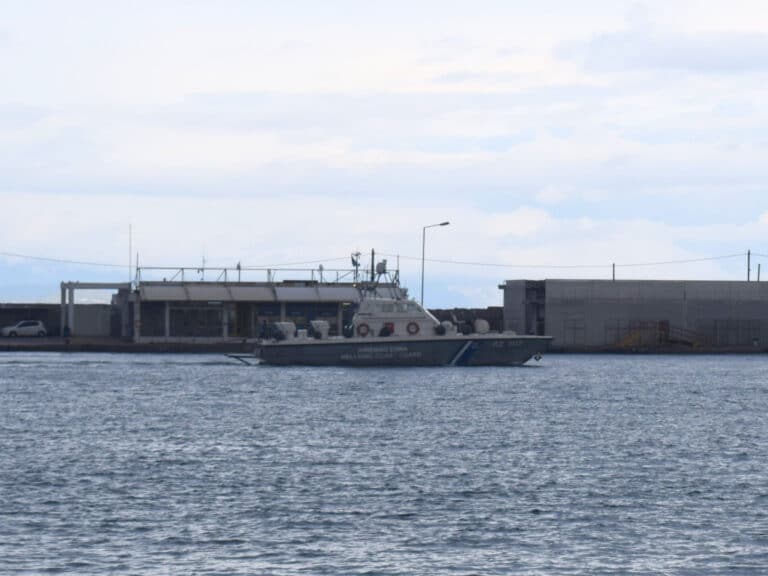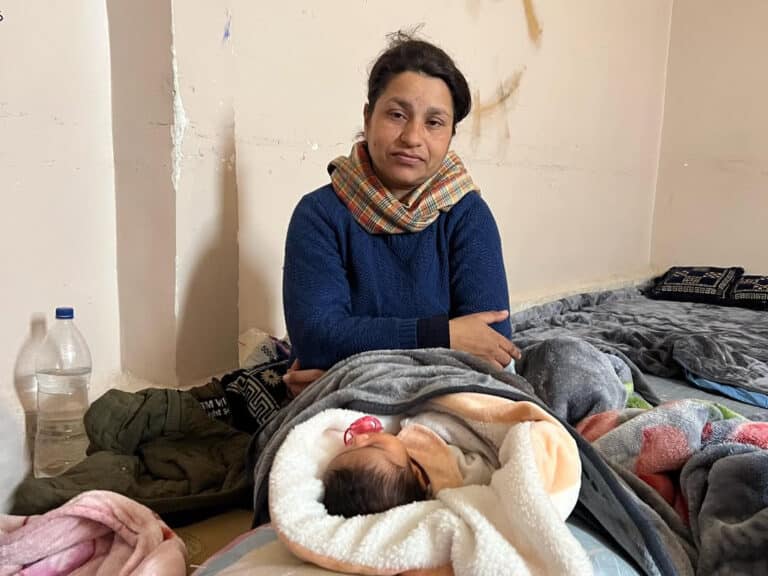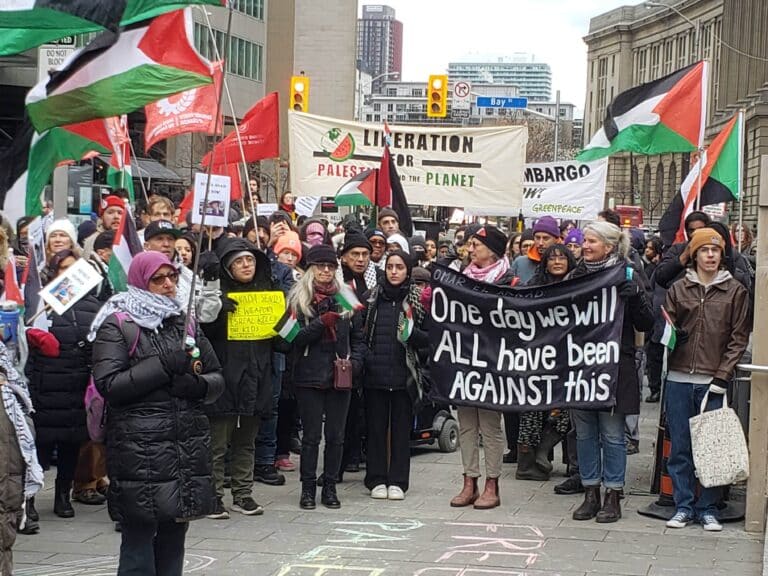The Palestinian people have long been taking care of their land, tending to agriculture, wildlife, and trees. This deep-rooted connection with the land is an integral part of their authentic culture and history, underscoring their unwavering commitment to its preservation. Palestinians have paid and continue to pay a heavy price with their blood in order to remain on the land.
The Palestinian farmer works to take care of the soil, crops and trees, often as the only source of income which they inherited from their ancestors. These ancient trees are considered members of the family, as the farmer charts their growth and receives the gift of fruit.
Since the Israeli occupation of Palestine to this day, Palestinian farmers have suffered attacks, whether by the Israeli army or settlers, including the confiscation of their lands and the building of settlements on their lands.
Almost every day, Palestinian land is confiscated by the occupation to construct roads for settlers or build settlements. Israeli authorities intentionally establish settlements near the most fertile places for agriculture. When an illegal Israeli settlement is built, Palestinian farmers are prevented from accessing their lands on ‘security’ grounds. Even if a farmer is able to enter his land, he will likely be attacked by settlers or soldiers and consequently arrested.
The occupation also takes control of artisan wells and deliberately demolishes other community water wells on which the Palestinian farmers depend to irrigate crops, reducing the amount of water allocated for agriculture and often forcing farmers to abandon their lands. The water sources are then transferred to Israeli settlements at the expense of the Palestinian farmer. The occupation authorities prevent the drilling of new water wells and artisan wells and also prevent the import of many agricultural products that the Palestinian farmers need to produce, while allowing settler farms full access to everything from fertilizers to water, severely impacting the market competition with the Palestinian producer. If that wasn’t enough, the occupation also dumps settlement waste on Palestinian agricultural lands. Despite these difficult challenges, the Palestinians continue to try by all means to enter and cultivate their lands.
But once the lands have been planted, settlers come and destroy the crops, cut off the water supply, and cut down or burn the trees. Many Palestinian farmers have been subjected to beatings and injuries by the settlers under the protection of Israeli soldiers. The Palestinian farmer is helpless and powerless without any significant support.
The violence increases during the olive harvest season, when farmers and their families become an easy target for the settlers. The olive tree and the harvest are often the settlers’ first target, because of its deep symbolism of peace within Palestinian history and culture.
Let us pray for the Palestinian farmers who are subjected to the most heinous crimes of land confiscation, controlling access to land and water, beatings, and destruction of crops. Let us pray for all the fruitful and perennial trees and trees of peace, the olive trees that are burned every day in Palestine and cut down by the settlers. Let us pray for every tree that is uprooted from its place, and every farmer who plants a new one.




